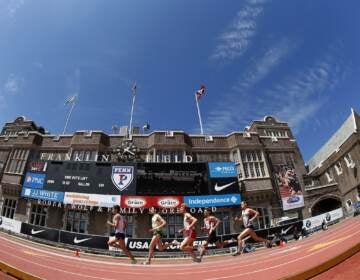Another NJ town bans tobacco sales to those under 21
The North Jersey town of Rutherford is the ninth in the Garden State to raise the minimum age for sale of tobacco products from 19 to 21.
But the effectiveness of those laws is a subject of disagreement.
It will take years to compile data to determine the impact of the measures, Karen Blumenfeld leads Global Advisors on Smokefree Policy, a Summit-based advocacy group supporting the local ordinances.
She believes, however, they will reduce tobacco use.
“With 90 percent of all people starting [to smoke] before they turn age 21, it’s imperative that access to these products be restricted,” Blumenfeld said.
And the municipal regulations — also in place in towns including Princeton, Englewood and Highland Park — can make a difference, she said.
“In our state, one needs to be 21 to be sold alcohol. So why should it be that you could be younger to be sold a product that is the No. 1 cause of preventable death and disease?” Blumenfield said. “It costs our state over $3 billion in health care costs.”
The intent of the local ordinances may be laudable, but they will not have any effect on tobacco purchases, said Sal Risalvato, who heads the New Jersey Gasoline, Convenience Store, and Automotive Association.
Describing the regulations as “feel-good legislation,” Risalvato said smokers younger than 21 will simply go to another town to purchase their cigarettes.
“Or have somebody purchase them for them, and the only ones that lose are the small-business owners in that town,” he said.
New Jersey’s Senate last year passed a measure to increase the minimum tobacco sale statewide to 21. It’s still awaiting action in the Assembly.
WHYY is your source for fact-based, in-depth journalism and information. As a nonprofit organization, we rely on financial support from readers like you. Please give today.




